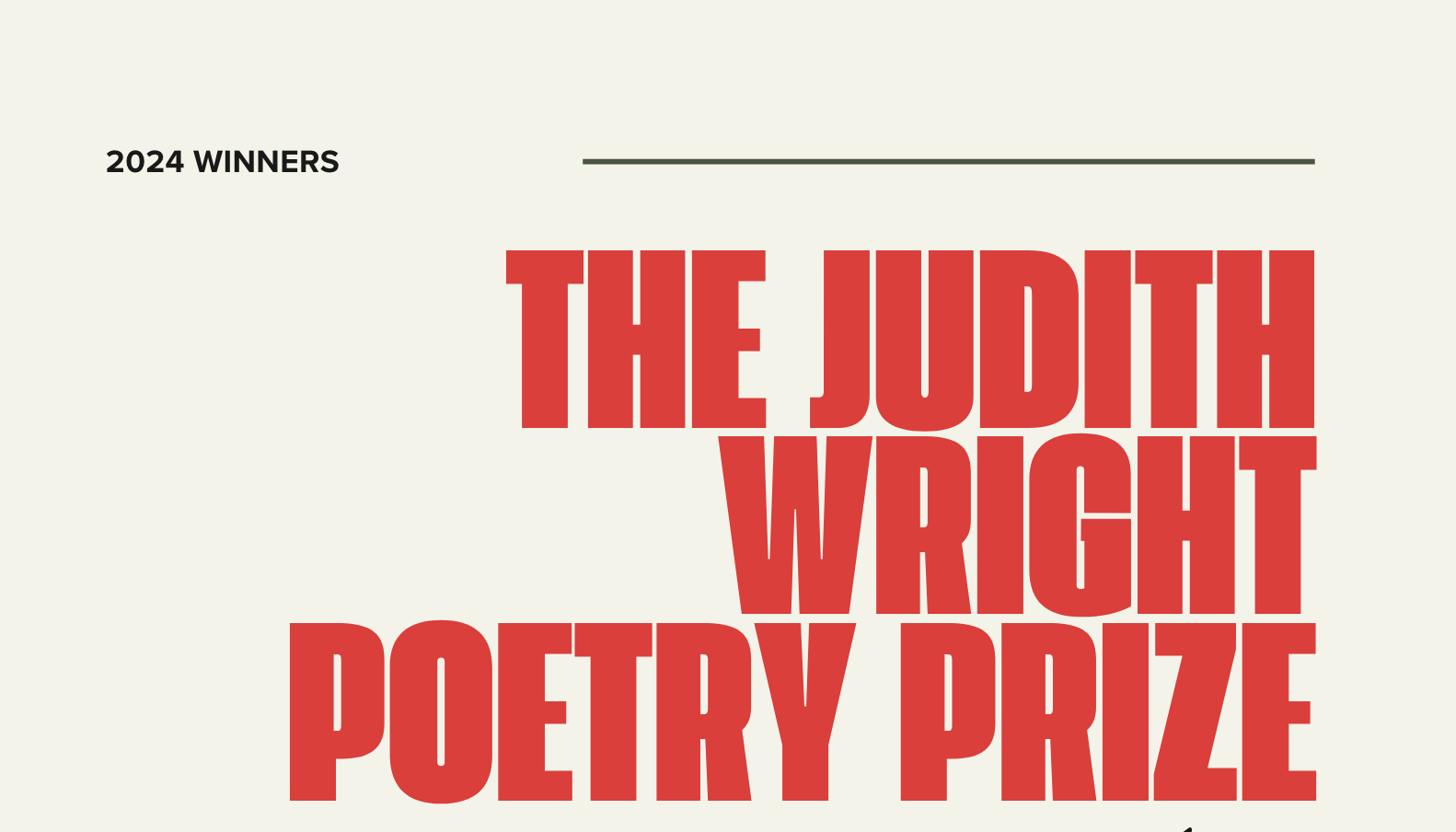Omar Sakr’s Non-Essential Work is a book of love, often in the face of despair. It expresses a love for queerness, for moments of physical love, for flesh and desire, love for the poet’s wife, for his people and family, for friends and even strangers, and for God and the Prophet Muhammad.
A relationship with God is always complex, even for the deepest believers, and often bewildering for many of us. The western imperial phony and real wars against non-Christian spirituality is necessarily a subtext, as exemplified in the unique and revelatory considerations of discovering Dante’s construction of suffering for the Prophet Muhammad for his perceived schismatic role regarding Christianity in Canto XXVIII of the Inferno.
Involved in this is self-analysis about a poetic ‘relationship’ with western textuality, and a refusal to accept the western canon as heritage, Sakr has moved into quite a different space in this new work through this self-scrutiny of ‘settler’ complicity as it segues with more recent migrant experience (his parents, his family) of ostracism, racism and devaluing of cultural and spiritual heritage by the Anglo-Celtic and European heritage majority.
At times necessarily bleak in his confrontations, and constantly tense over a personal inability to counter the forces of hate and destruction in the world, Sakr offers poems that almost dissolve into both a hope in the restorative nature of the image, and a sadness that the image is only part of a poem that can make no difference. But it does make a difference, and this book will make a difference.
One of the markers of this difference is the acceptance by ‘the poet’ of a role in processing personal concerns and experiences, as well as those of the world as he connects with it, and as it affects him and those he knows. There is a community in his poems, even when they are about his body, his relationship, his points of contact with the external world. The poems process conflicting information, to arrive at the question of what a poem can do. Is the poem a prison? Is love a prison? Does the poet simply work things into a more acceptable state when making a poem? The ‘poet’s wife’ says he smells like apricots when he sleeps, but after conflicted sleep he smells like rot.
Non-Essential Work is almost an ars poetica of process, and a scrutiny of the duplicities of language (especially as deployed by oppressors)—an asking over and over what a poem can and can’t do. ‘Tension’ is a word that Sakr pulls to bits as euphemism in the context of colonial conflicts in which the afflicted are refusing to comply, especially with regard to attacks on the Palestinian people. The tension of the book itself and its responsibilities as an act of resistance is not a binary, but acting between many things that are both co-determinate and also quite separated from each other.
In one poem, Sakr discusses ‘the image’ with students. In another, there is the horrific irony of writing a poem about a poem he couldn’t write, which then goes on to discuss unspeakable violence, war crimes. In one of the refraining and intervening poems on Dante and the Prophet Muhammad that are interleaved through the book, we read a core truth, sewn down the right margin, working across from a left margin text:
I relive
the reveal
that poems
nakedly
sew a West
in words.
All of this is unmediated through the intense love expressed in different capacities: for his mother and her complex life-journey ‘has taken chunks out of me’, for his father with whom afterlife brings points of contact that are deeply moving and even illuminating, and with Lebanon and its suffering, it’s call to ‘its children’.
Always working with the nuances of tension, as opposed to the propaganda versions of ‘tensions’—between the need to speak on behalf of many, and to speak clearly, and also to speak within acknowledgement of the contradictions of presence—the poet often looks to the spiritual, even if with a fear-acceptance of ‘hellish’ possibilities, to resolve a thought, a poem. In ‘Masks Off’, he invokes the contradictions of ‘diversity’ in the context of military aggression, and includes himself in the portrait of aggressive resistance to that aggression: a paradox of violence making violence no poem can resolve.
Sakr is oracular, even if of ‘himself’ and ‘strangers’. In the same way as the wasp in his poems represents a crisis of life and death, of acceptance and denial, so does language form in image of work in itself. A favourite poem for me is ‘Buzzing’, ‘a poem written in The Arabic, after Marwa Helal—‘blessed the note’.
If he is right in saying the poets don’t like the work, Sakr works through the crisis. Non-Essential Work is essential as a mode of not only processing contradictions but working towards resolutions, and often using European forms (sonnet, sestina) to displace the colonial authority of form—and to hopefully liberate.
Image by Clark Young



